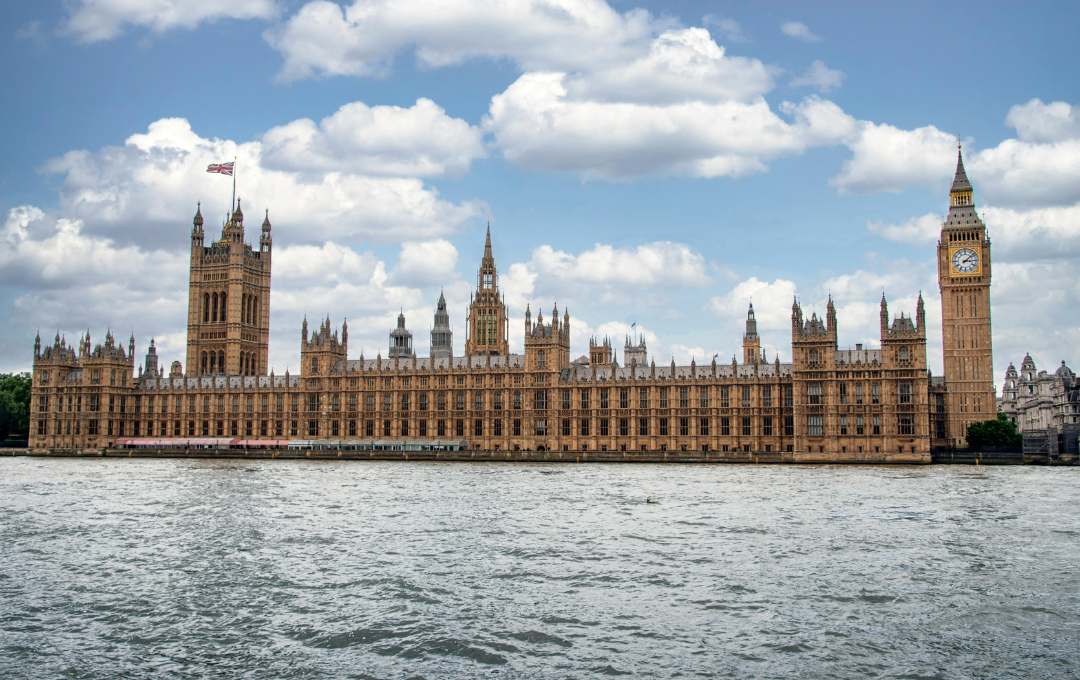
HMRC will be running a digital campaign aimed at encouraging accurate private use adjustments of business expenses that are reported via Self Assessment returns.
To be allowable for tax, expenses must be 'wholly and exclusively' incurred for the purposes of the business, with any appropriate adjustments being made for private use. Expense claims should therefore be restricted to those that relate to business use only, with partial claims for mixed private and business expenditure being apportioned based on the circumstances of the particular tax year.
Following a trial in 2024 involving 600,000 self-assessed individuals who were encouraged to make accurate private use adjustments, HMRC reported widespread inaccurate reporting of disallowable private use. HMRC now intend to open more enquiries into private use adjustments for business expense claims.
Individuals born before 22 September 1959 and living in England, Wales or Northern Ireland are likely to be entitled to a Winter Fuel Payment (WFP) of between £100 and £300 for this upcoming winter (2025-26). Payments will be made in November or December 2025. However, HMRC will claw back (or “recover”) the WFP if the individual’s income exceeds £35,000 in the year to 5 April 2026.
In most cases, the recovery of the 2025-26 WFP will be made automatically via PAYE in the 2026-27 tax year, with HMRC adjusting the recipient's tax code to collect around £17 per month between April 2026 and March 2027 (based on a typical WFP of £200).
However, for individuals in self-assessment, recovery of the WFP will instead take place as part of the tax return. For 2025-26 tax returns, HMRC will automatically include the 2025-26 WFP, and the WFP recovery will be collected as part of the balancing payment on 31 January 2027.
Individuals can check whether, and how, HMRC will recover their WFP using [a new online tool](https://www.tax.service.gov.uk/guidance/check-if-hmrc-will-take-back-your-winter-payment/start/country).
If you or a family member expects to receive a WFP and have it clawed back, you can, for ease, instead opt out of receiving the WFP in the first place, but **please note that this needs to be done by 15 September 2025**.
For more on the WFP, its recovery, and opting out, please see https://www.gov.uk/winter-fuel-payment.
We are aware that HMRC is challenging retailers that supply flooring, kitchens, and bathrooms where the retailer refers the customer to third party contractors for fitting services. Typically, HMRC will argue that a single supply of goods and fitting services is being made by the retailer. In many cases, the third-party fitters are not registered for VAT, meaning HMRC can increase the VAT due if the fitting were deemed to be a supply made by the VAT-registered retailer.
In a recent First Tier Tribunal case, _United Carpets (Franchisor) Limited v HMRC, _the Tribunal found that the retailer concerned did not supply fitting services. This was because in-store signage explicitly stated that the store did not provide fitting services. The retailer’s only role in the fitting of the flooring was ‘introductory’ in that it merely put a customer in contact with a fitter. The contracts to fit the flooring were between the customer and the fitter, and the obligation to pay the fitter was with the customer.
To minimise the risk of a challenge from HMRC, both the contractual position as well as the commercial and economic reality of the arrangements need to demonstrate that the supply of goods, and the fitting services, are two distinct and separate supplies made by two different suppliers.